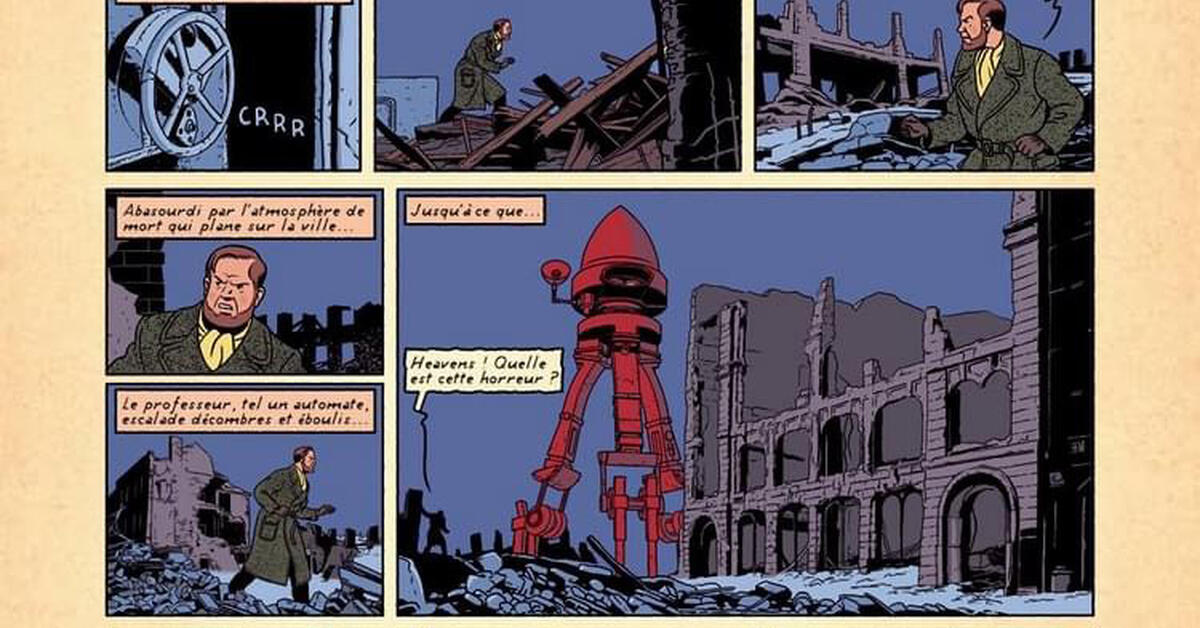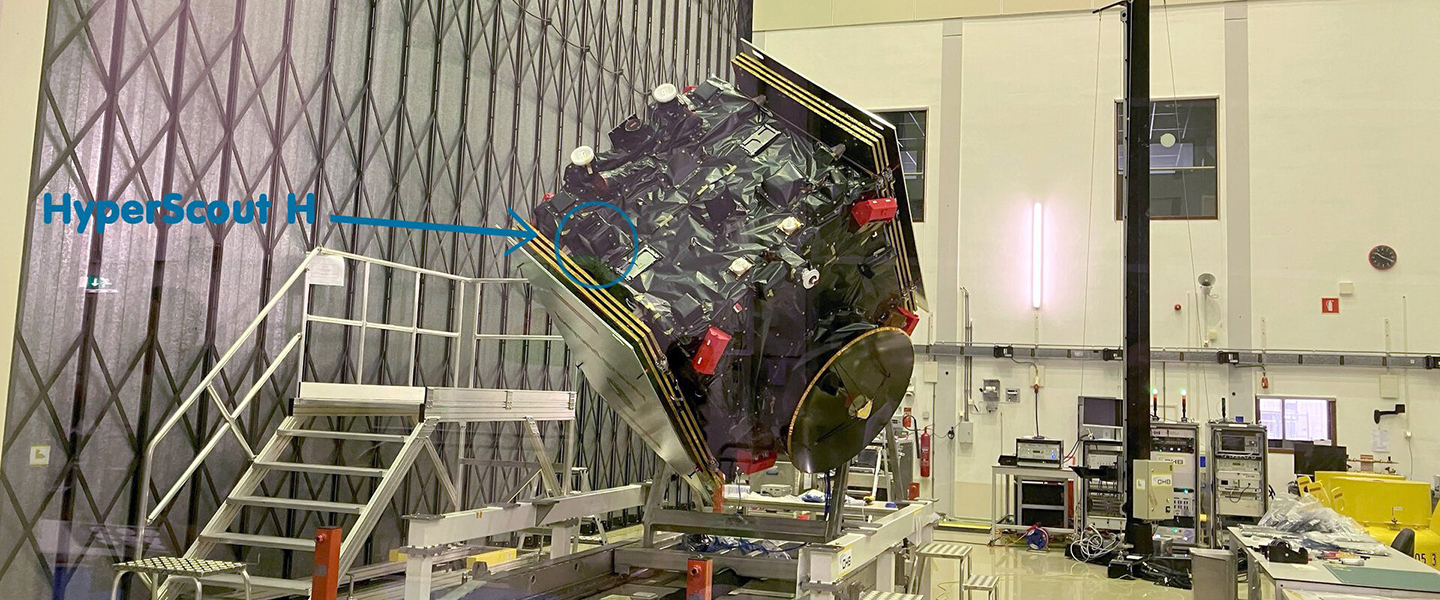Of all the mind-numbing ideas the universe throws at us, this is one of my favorites: If you had a very sharp telescope with which you could look deep into the universe, you would see everything in slow motion.
This sounds absolutely insane. Look, there is an asteroid that is collapsing very slowly towards a distant planet and it is slowly — very slowly — burning up in its atmosphere. A little later, a star explodes in a powerful, crystal clear supernova, sending its matter spinning through the universe at a lethargic pace. Even the gentle, slow dance of entire galaxies seems to almost slow down.
Fantasy, for sure: a telescope with which you could see such an object does not exist. Even the sharpest lenses can no longer discern details in the depths of the universe. But it’s not all fantasy, as it turns out this week. Scientists introduced the two in the journal natural astronomy That is, strong evidence that the young universe is moving five times as slowly as it is now.
This must be the case as a result of Einstein’s theory of relativity. Such distant galaxies are rapidly moving away from us, because the universe is constantly expanding. Einstein, in turn, showed that the clock of such a moving object begins to work differently. By the way, this is certainly not a fantasy: our GPS satellites must constantly compensate for this in their orbit around the Earth. With the speed at which everything is rushing away from us in the depths of the universe, you can calculate that at the distance you see galaxies as they existed a billion years after the Big Bang, the clock should be running five times slower.
This is – the name of the theory says it all – relativistic effect. On a planet orbiting a star in that faraway cosmic outpost, our part of space would appear slower. Did I mention that the universe sometimes gives us headache-inducing thoughts?
Einstein himself preferred to prove all these things about slow ticking clocks with mathematics and innovative thought experiments. Then imagine, for example, that one person is standing on a platform and another person is sitting on a passing train. Then he went on to think about what happens to the tennis ball that person throws upwards, or to the hands in the watch.
On the scale of the universe, you no longer need trains and tennis balls. Not even a very sharp telescope. There you seem to be able to catch up with the changing cosmic clock with so-called quasars: supermassive black holes that spew charged particles out into the universe at a high rate. After looking at 190 of these quasars and the ways they slowed them down, the researchers concluded that the outermost ones are actually moving about five times slower than they actually are.
This is especially good for the ever-growing list of evidence that Einstein was right: time is malleable, malleable, and relative. But it’s more fun for those who simply want to dream away at just how sticky time was, so soon after its creation in the Big Bang. I also like to take this growing headache for granted.
About the author
George van Hall writes for De Volkskrant about astronomy, physics and space travel. He has published books on everything from the universe to the smallest building blocks of reality.

“Total coffee specialist. Hardcore reader. Incurable music scholar. Web guru. Freelance troublemaker. Problem solver. Travel trailblazer.”







More Stories
Crash testing in space has a Dutch touch – Dutch cowboys
Cheap materials help convert carbon dioxide into a useful raw material
A Dutch touch for space crash testing